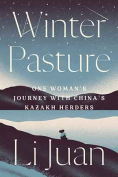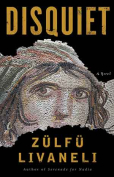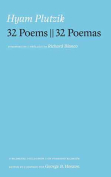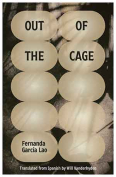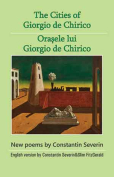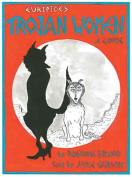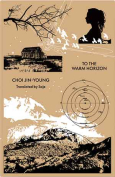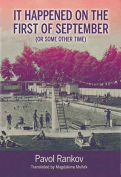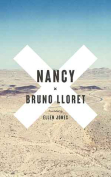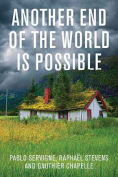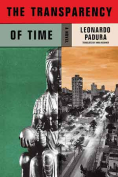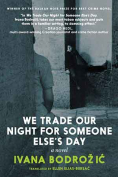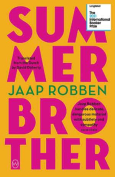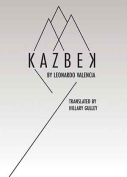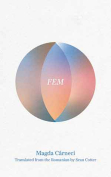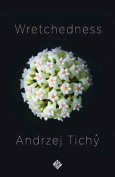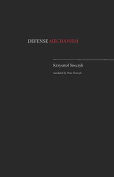The Ardent Swarm by Yamen Manai
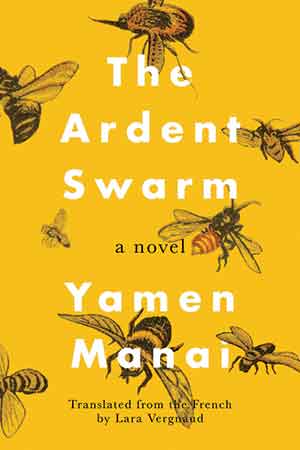 Seattle. Amazon Crossing. 2021. 204 pages.
Seattle. Amazon Crossing. 2021. 204 pages.
COMMITTED TO KEEPING Tunisian works available in Tunisia, Yamen Manai has hitherto published with Éditions Elyzad. Now, Amazon Crossing and award-winning translator Lara Vergnaud have brought The Ardent Swarm from the French into English, and we can only hope that Manai’s other novels will follow.
Opening with “The Bee” from the Quran, The Ardent Swarm takes place in the fictional mountain village of Nawa, North Africa. We meet and quickly fall in love with the humble Sidi, a beekeeper devoted to the safety and prosperity of “his girls,” the honeybee hive he has grown and lovingly tends. A foreign threat has appeared, however. Unknown to importers, an aggressive species of hornets has stowed away in their cargo, goods that provide the link to the other component of Manai’s story.
The country is in transition with its first democratic election on the horizon. Soldiers patrol the road from Nawa as the villagers make their way to the city to sell their meager harvest. A party of fundamentalists comes to solicit votes from the people, who would be wise to “beware Greeks bearing gifts.” The campaigners arrive with cargo crates full of food, blankets, and other luxuries as a preview of their platform and tell the people to simply “vote for the Pigeon on the ballot,” since most of the Nawa residents are unable to read and write. Shaw’s Major Barbara comes to mind: “It is cheap work converting starving men with a Bible in one hand and a slice of bread in the other.”
On the day of the election, Sidi is in the mountains trying to save his girls from the hornets who have left their crate, multiplied, and begun their offense. Sidi and his companion, the gentle-eyed donkey, Staka, will face not only the hornets in the mountains but the soldiers on the road in pursuit of safety and peace.
Parable, allegory, oral tradition—call it what you will, The Ardent Swarm in its English translation is simply a beautiful story. The contrast between sociopolitical constructs and nature’s designs provides commentary but also creates an engaging sense of pathos. The partnership between Manai and Vergnaud is equally brilliant. Touching and memorable, this is a work not to be missed.
Joy Walsh
Butler, Pennsylvania

